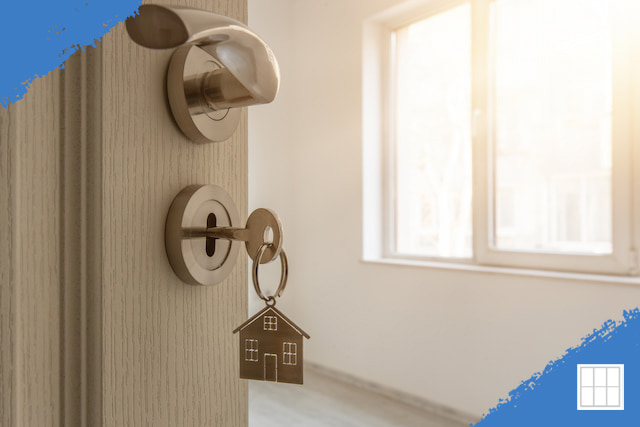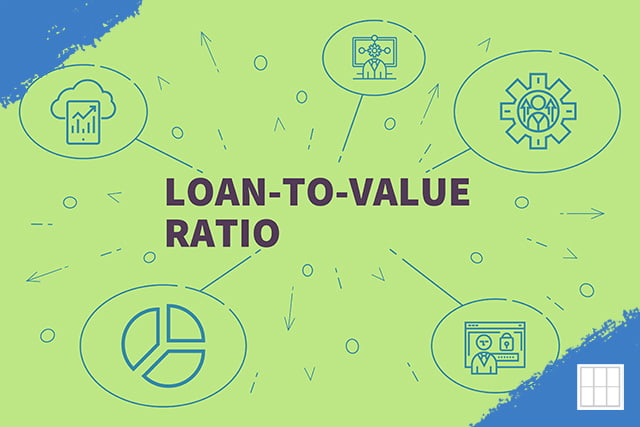A loan-to-value (LTV) ratio compares the size of your mortgage to the value of your…

What are mortgage reserves, and how much is needed?
Mortgage reserves are an essential part of getting a mortgage. But what are they, and why do you need them? In this blog post, we’ll answer those questions and more. Plus, we’ll help you figure out how much money you should set aside for your mortgage reserves.
What are mortgage reserves?
Mortgage reserves are the funds left over after making a down payment and paying closing costs. Reserves are like a safety net when you need to make your monthly mortgage payment. They’re the assets that give homeowners peace of mind if they need help with their mortgage payments, like an emergency fund or long-term sustenance for retirement savings goals!
You measure reserves by calculating the months of mortgage payments you have left after covering the down payment and closing costs. For example, if your mortgage payment is $1,600 per month and you have $3,200 left over after closing, you would have two months’ reserves.
Reserves are limited to assets that can be liquidated from a bank account. Here are some bank accounts that qualify for mortgage reserves:
- Checking, savings, or money market funds
- Retirement accounts
- Stocks, bonds, mutual funds,
- Certificates of deposit (CDs)
- Life insurance policy with cash value
- Funds in a trust
When do you need mortgage reserves?
Reserves play a crucial role in the mortgage process, though they’re not always required. If you have strong credit, low debt-to-income ratios, or if your down payment exceeds 20%, you may not need to provide reserves as collateral for a house purchase.
Mortgage reserves are typically required for multi-unit properties, second homes, and investment properties.
Homebuyers with a credit score of 700 or lower might need to show financial reserves ranging from two to six months to secure approval for their house, especially if their down payment is less than 20%.
Homebuyers with a 25% down payment may still need mortgage reserves if their credit scores are in the 600s. Having funds on hand to cover two- six months of mortgage payments could be required for these buyers, too.
If you’re self-employed, you will probably need to have reserves.
In general, reserves are wise to have in case of an emergency. Such as the loss of employment because they help substitute for lost income.
Reserves are designed to help in an emergency, such as losing your job and having no income in your bank account. This will help substitute lost wages with stored money that can last until things calm down, financially speaking.
Ways to build your mortgage reserves
1. Reduce spending
Look at your monthly expenses and see if there are any areas you can cut back on unnecessary spending. Reduce or eliminate recurring monthly payments, which can help you qualify for a more expensive home.
2. Get a Gift
You can receive a gift from a relative for your down payment, closing costs, and reserves. You need a gift letter and documentation supporting the receipt of the funds.
3. Increase your 401k contribution
You can use vested money in 401(k) funds as mortgage reserves. If you’re contributing the minimum to your retirement accounts, consider increasing that amount and make sure these contributions are worth it for yourself and any matching employer offers they may have on hand.
4. Set aside a portion of income
Since your savings accounts qualify as reserves, you can deduct a portion of each paycheck and direct them to your savings account. With automatic deposits, it makes it easier to save up money.
5. Find a side job
Side hustles are the new way to earn extra cash and build your savings account. There’s a wide variety of options for you to build your reserves.
Why Choose Metropolitan Mortgage?
Metropolitan Mortgage has been in business since 1997, and we have assisted more than 10,000 families in financing their homes in the Midwest. If you are looking for a mortgage company in Overland Park and the greater Kansas City metropolitan area, we can help. Metropolitan Mortgage offers mortgage programs in the states of Kansas and Missouri.
If you have any mortgage-related questions or are ready to move forward, you can view our rates online, obtain a customized instant rate quote, or apply directly from our website.


